#republican rome
Text



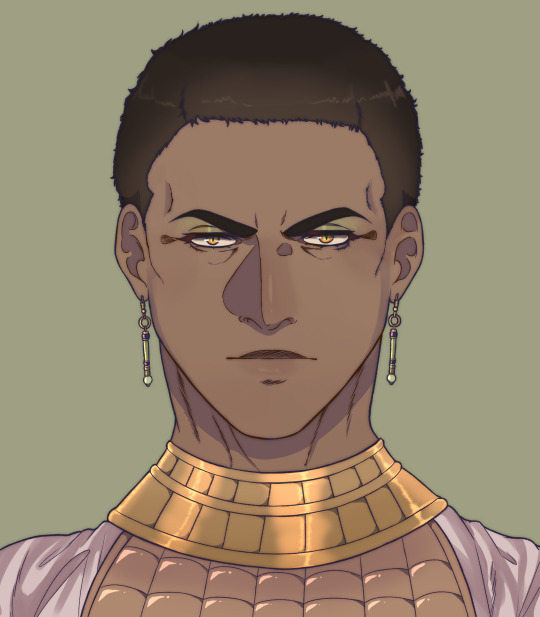

Introducing the main characters from the webcomic I'm developing on Ancient Egypt: Lucius, Djet, Iaret (Chloe), Khawy and Sempronia!
#webcomic#ancient history#pharaonic egypt#roman egypt#republican rome#imperial rome#ptolemaic egypt#new kingdom#late period#ancient egypt#ancient rome#vampires#my art#tfotds#the followers of the divine snake#smswart#thefollowersart#lucius#djet#iaret/chloe#khawy#sempronia
4 notes
·
View notes
Text
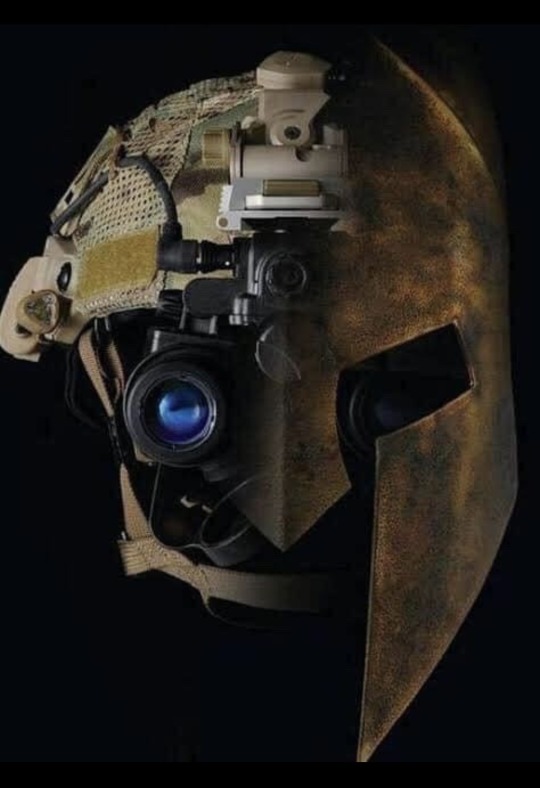
I leave the Ancient World behind and travel forward to the Cold War in my books.
The Western Roman Empire has fallen in my podcast. So now I move to Byzantines and Crusading Medieval Europe podcast.
#books#podcasts#republican rome#roman empire#western roman empire#eastern roman empire#byzantium#religious schism#latin church#greek church#frankish europe#crusaders#cold war#modern history#modern politcal history#spqr
1 note
·
View note
Text


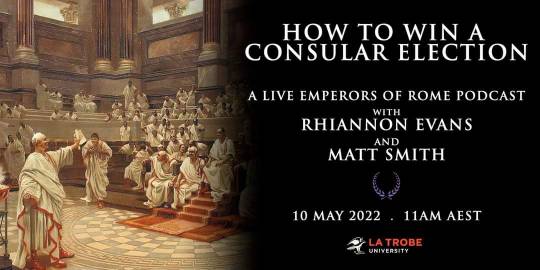
#republican rome#emperors of rome podcast#podcast#they read my question and rhiannon answered it#i was ecstatic#not that i've got any followers#mine#when will they do another?????
0 notes
Photo

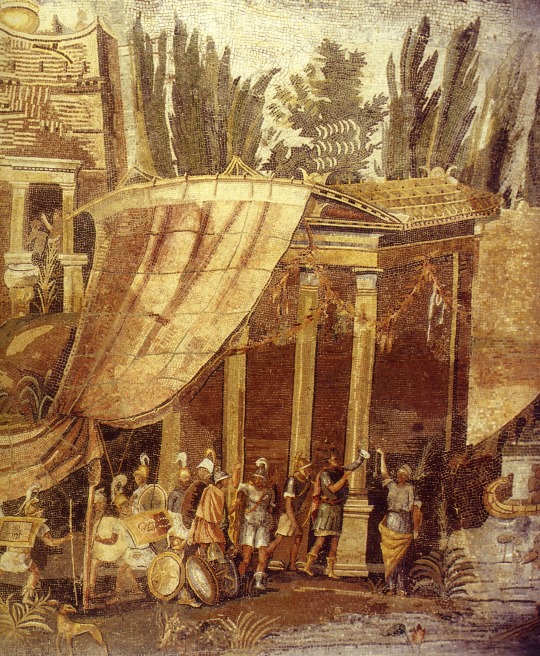
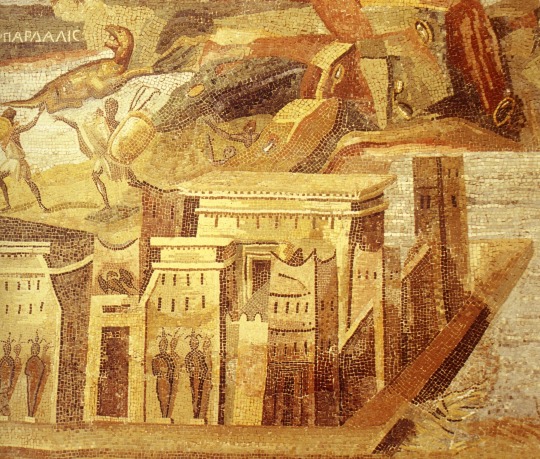

#nile mosaic#palestrina mosaic#praeneste#sulla#republican rome#ancient rome#1st century bc#2nd century bc#nilotic scene#my post#tagamemnon
151 notes
·
View notes
Text
Helen Weiand: All women after 50 BC know is be crazy, not weave, be androgyne, eat garum and lie
#fulvia#fulvia flacca#classics#republican rome#clodius pulcher#tags him for funsies ig#helen weiand#women#republican roman women#roman women#F U L V I A#Queen
3 notes
·
View notes
Photo
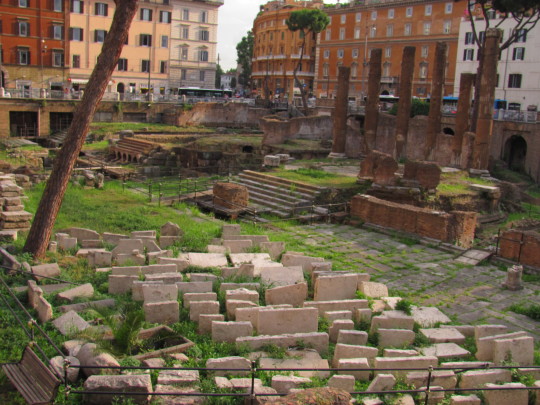



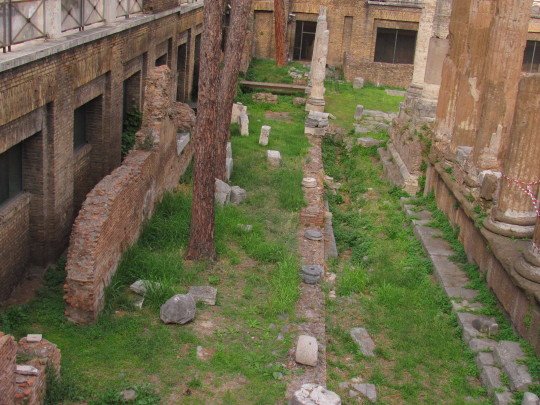
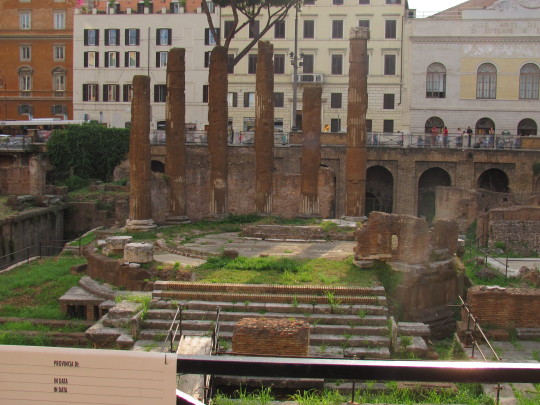
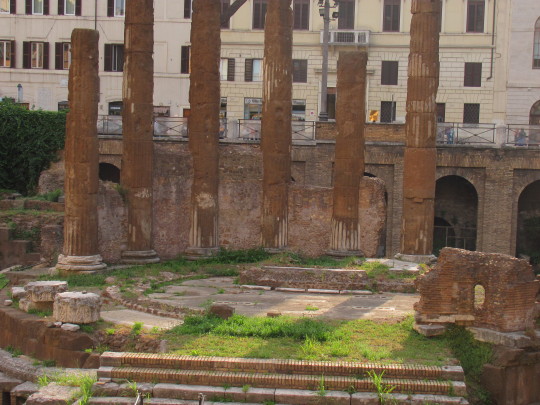

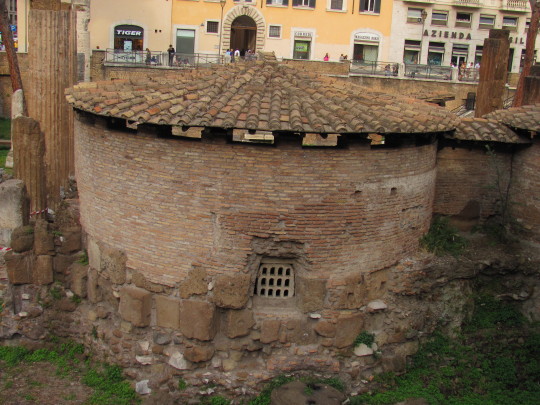

The Sacred Area of Largo Argentina, an excavation site in Rome showing the remains of a Republican era Roman temple
Taken June 2016
#largo di torre argentina#the sacred area of largo argentina#largo argentina#republican rome#roman republic#ruins#rome
2 notes
·
View notes
Text
What I love about early Roman Republic history is the determination they had.
Example:
Oh we started a war with the greatest naval power over an island. I guess we need to make a navy.
Makes navy. Terrible sailors. Jupiter sends a storm and destroys most of the navy.
Guess we need to make a new navy.
Storm destroys new fleet.
Okay, we need to buy a new one.
Some guy refuses to see the signs and throws the oracle chickens into the sea.
Navy destroys.
They build a new one.
Carthage looking at these idiots refusing to give up: What is wrong with these guys?
These Romans do not give up.
7 notes
·
View notes
Text
The Tusculum and Chiaramonti Caesars


Gaius Julius Caesar was born into a Roman patrician family in mid-July 100 BCE. Having progressed though the cursus honorum (a sequential journey made up of public and military offices, designed for men of senatorial rank), he gained popular Roman approval and by 63 BCE was elected as Pontifex Maximus. Caesar subsequently held various other offices and gubernatorial roles, whilst further illustrating his military prowess in Spain, North Africa, Greece, Cisalpine and Transalpine Gaul. In 44 BCE, the year of his assassination, Caesar became Dictator Perpetuo. In 42 BCE the senate declared that he would be recognised as a god.
According to the ancient biographer Suetonius, Caesar was, “tall, of a fair complexion, round limbed, rather full faced, with eyes black and piercing... [and] he enjoyed excellent health, except towards the close of his life.” Furthermore, he appeared to be pedantic about his appearance, so much so, “that he not only kept the hair of his head closely cut and had his face smoothly shaved, but used the hair on other parts of the body to be plucked out by the roots. His baldness gave him much uneasiness, having often found himself upon that account exposed to the jibes of his enemies. He therefore used to bring forward the hair from the crown of his head; and of all the honours conferred upon him by the senate and people, there was none which he either accepted or used with greater pleasure, than the right of wearing constantly a laurel crown.”
The Tusculum portrait bust appears to provide a likeness of Julius Caesar just prior to his death. The essence of the youthful Caesar that Suetonius describes appears absent from this sculpture. Instead, the viewer is confronted by a man rather than a god: his face and neck lined with age and his his bulging irregular cranium barely covered by sparse and receding hair.
Conversely, the Chiaramonti portrait bust, likely executed during the time that Augustus (Caesar’s nephew, adopted son and predecessor) held office, treats the viewer to a powerful and idealised experience. The facial lines that reflect the subject’s political gravitas, vast military experience and maturity are present, yet appear soft enough to suggest that age nor time could rob the divine sitter of physical power. Furthermore, the dramatically receding hairline, so evident in the Tusculum portrait bust, is barely noticeable in the Chiaramonti version. Accordingly, the literary portrait of a balding, self-consious Caesar, provided by Suetonius bears little resemblance to the thick-haired, relaxed and confident Chiaramonti Divus Iulius.
References: C. Suetonius Tranquillus, Lives of the Twelve Caesars, Complete To Which Are Added, His Lives Of The Grammarians, Rhetoricians, And Poets, Project Gutenberg, 2016.
E Badian, “Caesar’s Cursus and the Intervals Between Offices,” The Journal of Roman Studies, Vol. 49, Parts 1 and 2 (1959), pp. 81-89.
Publius Ovidius Naso, Ovid’s Fasti: Roman Holidays, trans. Betty Rose Nagle, Bloomington and Indianapolis, Indiana University Press, 1995.
Simon Hornblower, Antony Spawforth and Esther Eidenhow eds., The Oxford Companion to Classical Civilization, Oxford, Oxford University Press, 1998.
Images: Portrait Bust of Julius Caesar, circa 44 BCE, marble, Turin, Museo di Antichita.
The Chiaramonti Caesar, 30-20 BCE, marble, Rome, Musei Vaticani.
Posted by Samantha Hughes-Johnson.
58 notes
·
View notes
Photo

Roman denarius minted by Quintus Pomponius Musa in 56 BCE. On the obverse, the head of Apollo crowned with laurel; on the reverse, Thalia, Muse of comedy. The coin is one of a series that Musa minted depicting the nine Muses, punning on his cognomen (”Musa” = Muse). Photo credit: Classical Numismatic Group, Inc. http://www.cngcoins.com
#classics#tagamemnon#Ancient Rome#Roman Republic#Republican Rome#classical mythology#Thalia#Muses#Apollo#art#art history#ancient art#Roman art#numismatics#ancient numismatics#coins#ancient coins#denarius#Quintus Pomponius Musa#metalwork
47 notes
·
View notes
Photo


Marius (left) and Sulla (right). These are the men who destroyed the Roman Republic.
1 note
·
View note
Text
late republican rome gothic
you are a citizen in the greatest city to ever rise from european soil. like your father before you, you are a senator, and you proudly bear the same name he bore, and his fathers before him, who were all also senators. you sometimes look at the wax masks of your ancestors, which you desplay in your atrium. they all look exactly like you, down to the tiniest details. sometimes, when it is dark and you are alone, you think that you hear them whispering to you in a voice hauntingly similar to your own. you never remember what they say, though. though you are not sure why, you are usually too busy thinking about how much you hate kings.
cicero is giving a speech at the rostra today. he has been giving this speech for the past three days, a continuous stream of rhetoric with no break for food or rest. within his rapt audience people are one by one beginning to collapse, but no one is able to tear themself away. the hours pass with no end in sight, but still, nobody leaves
you hear that another politician has been assassinated. he is replaced by a man with the exact same name that he had, even though the new man is in no way related to him. that man is in turn assassinated, and replaced with yet another man by the same name, again of no relation, and so on. each new man promises to restore peace and keep rome safe. you have faith in the roman political system and sleep well at night.
cato is once again screaming to anybody who will listen about whatever issue he is up in arms about today. yesterday it was about needing to recall caesar from gaul. today it is about how carthage must be destroyed. you are confused. you are fairly certain that carthage was destroyed long ago, but nevertheless, cato continues his appeal. you hear him again the next day, screeching this time about the need to drive out the kings from rome. you are no longer certain which century you live in. cato keeps screaming.
the political scene in rome is troubled. many senators are worried that caesar is becoming a king. rome has not seen kings in nearly five hundred years, and nobody can remember anything about what they are like. you are not entirely certain what a king is or what he does. you are certain, however, that you hate every last one of them.
caesar has been murdered, and rome has been thrown into a panic. you decide to go on a vacation until the storm passes. you pass through the province of cisalpine gaul and keep walking. you pass through the province of transalpine gaul and keep walking. you pass through the province of cisalipine gaul and keep walking. you pass through the province of transalpine gaul and keep walking. you contemplate the beauty of mountains that seem oddly familiar even though you are walking in a straight line.
you return to rome to find that a man who calls himself augustus has taken charge of the city and is making all of the rules. immediately your hackles raise, and you feel your deep-seated hatred of kings blaze within you. but then another citizen tells you that augustus is not a king, he is merely the chief citizen of rome, and you are calmed. you are certain that no harm can come from this man or his successors, as long as he is not a king.
621 notes
·
View notes
Photo

3 notes
·
View notes
Conversation
Republican Rome: We support all religions!
Republican Rome: Greek gods? Sure, as long as you worship state deities.
Republican Rome: Mithras? Sure, just worship our state gods too.
Republican Rome: Y'all are shamans? Worship our gods too and we good.
Republican Rome: bACCHIC RITUALS?! AND YOUR WORSHIP OUR GODS?
Republican Rome: oH nO EVERYONE GETS HUNTED DOWN.
Republican Rome:pUT EVERYONE TO DeATh,,, OH MY GOD, BACCHIC RITUALS.
6 notes
·
View notes
Text
Social Struggles in Archaic Rome: New Perspectives on the Conflict of the Orders
Social Struggles in Archaic Rome: New Perspectives on the Conflict of the Orders
This widely respected study of social conflicts between the patrician elite and the plebeians in the first centuries of the Roman republic has now been enhanced by a new chapter on material culture, updates to individual chapters, an updated bibliography, and a new introduction.Analyzes social conflicts between patricians and plebeians in early republican Rome Includes chapters by leading scholars from both sides of the Atlantic illuminating social, economic, legal, religious, military, and political aspects as well as the reliability of historical sources Contributors have written addenda for the new edition, updating their chapters in light of recent scholarship
#patricians and plebeians#republican rome#social conflicts#new perspectives#social struggles#historical sources#roman republic#political aspects#material culture
0 notes